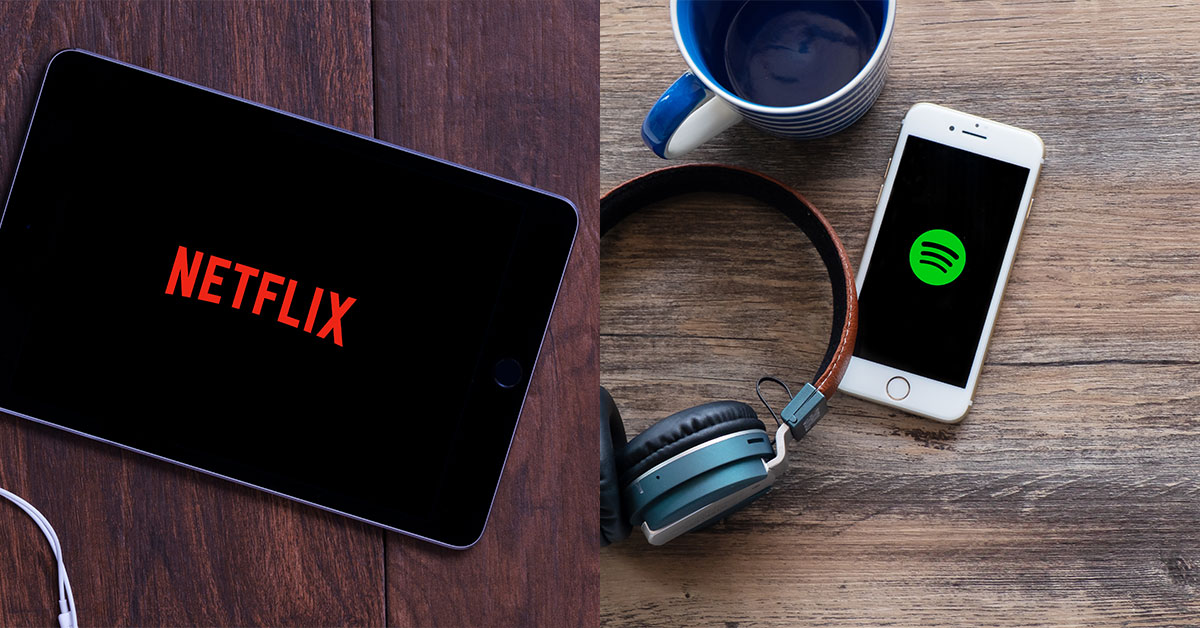“Eh bro Netflix and Spotify quite cheap leh wanna share?”
Cheap your head la cheap. You never hear Gahmen going to tax meh?
“Tax what tax? I thought everything we buy already got tax.”
Netflix and Spotify hasn’t been taxed yet bro that’s why it’s so affordable.
“Nani? Then when I Netflix and chill very expensive sia.”
… You do know what that phrase means right.
GST On Everything
Wa piang eh, increase tax here there everywhere again.

I know how you feel but in life, there are only two things that are certain: Death and Taxes.
If you have not guessed it yet, your current subscriptions to online services from foreign companies like Netflix and Spotify do not have tax levied upon them. However, that shall soon change.
From 1 January 2020 onwards, the 7% GST tax will kick in on services like Netflix, Spotify, and other digital ones like Microsoft Office 365 and Adobe Creative Suite.
The reason why digital services for consumers like entertainment subscriptions and online purchases, or for businesses like accounting, IT management, marketing etc are not originally under tax is that those companies which provide the services are not registered for GST.
As long as it is not from a Singaporean company, chances are when you purchase something, GST is not involved.
After the Goods and Services Tax (Amendment) Bill was passed in Parliament on 19 November 2018, it will subject online services to the same taxes as other goods in Singapore.
However, the good news is that for low-value items, you would not need to pay GST! For online purchases that cost $400 or below, from overseas, no GST would be levied.

Dude why are you celebrating, you don’t buy anything online. Netflix and Spotify still expensive bro.
“It’s because it’ll still be cheap when I buy stuff for girl bro.”
You have no girl bro…

Shifting Consumer Habits
Jokes aside, there is actually a very good reason as to why the Government has added Netflix and Spotify, among other digital platforms, to be considered for taxation.
That is because increasingly, our population looks towards the online world for entertainment and shopping, which means expenditure is shifting from local physical products to overseas digital services.

The number of people who use Netflix regularly, for example, has skyrocketed in the past few years.
The Government expects the tax to bring in an additional S$90 million of tax revenue every year, which can be used productively for the country.
What do you think? Should online services be taxed? Let us know.



